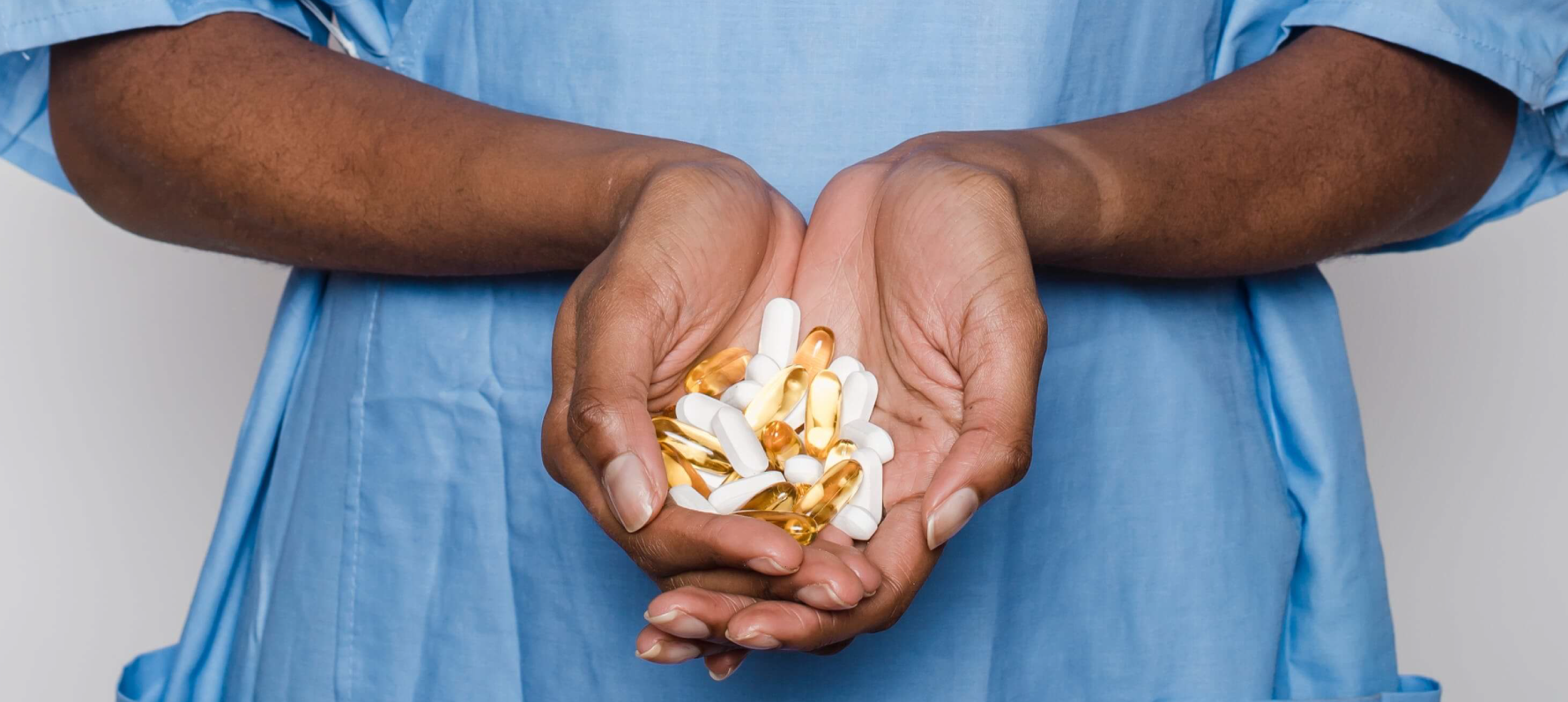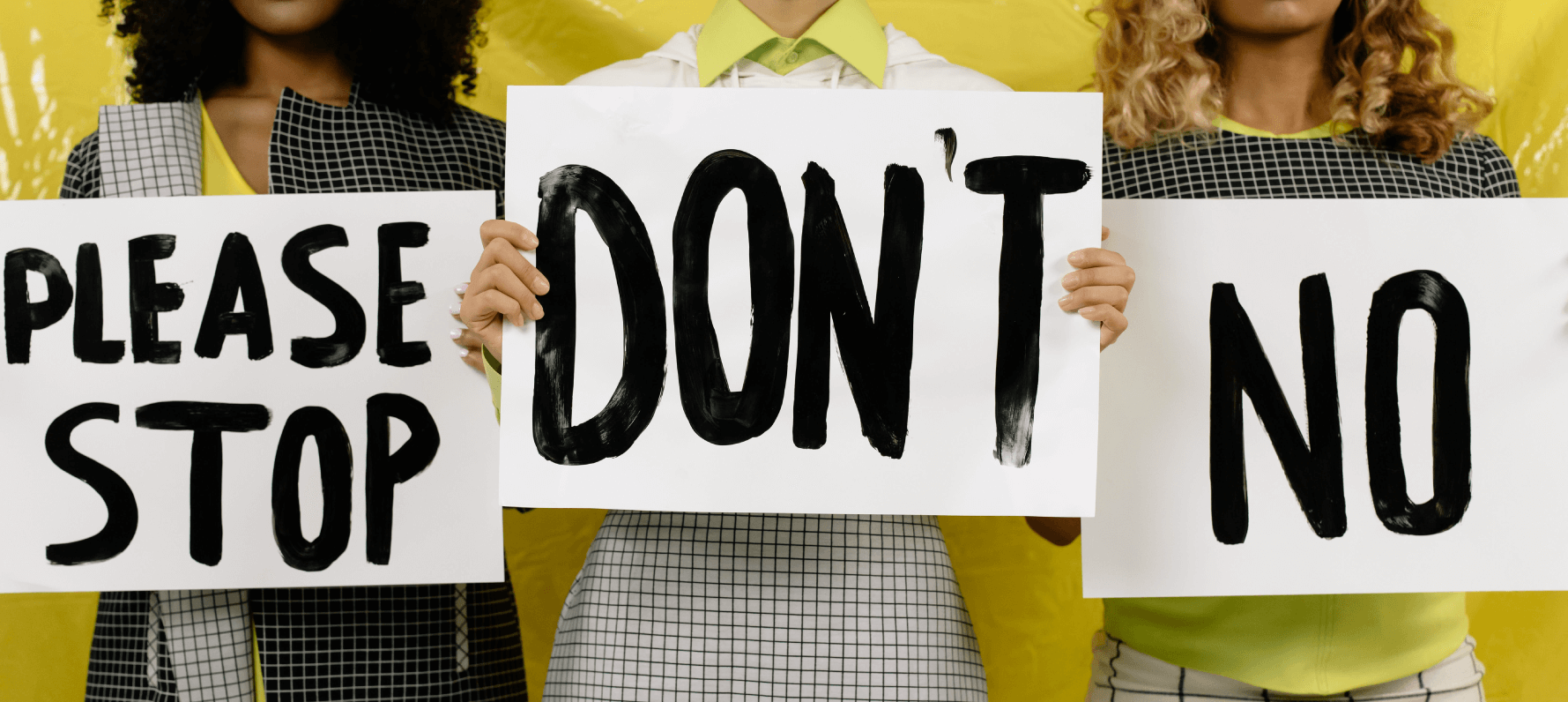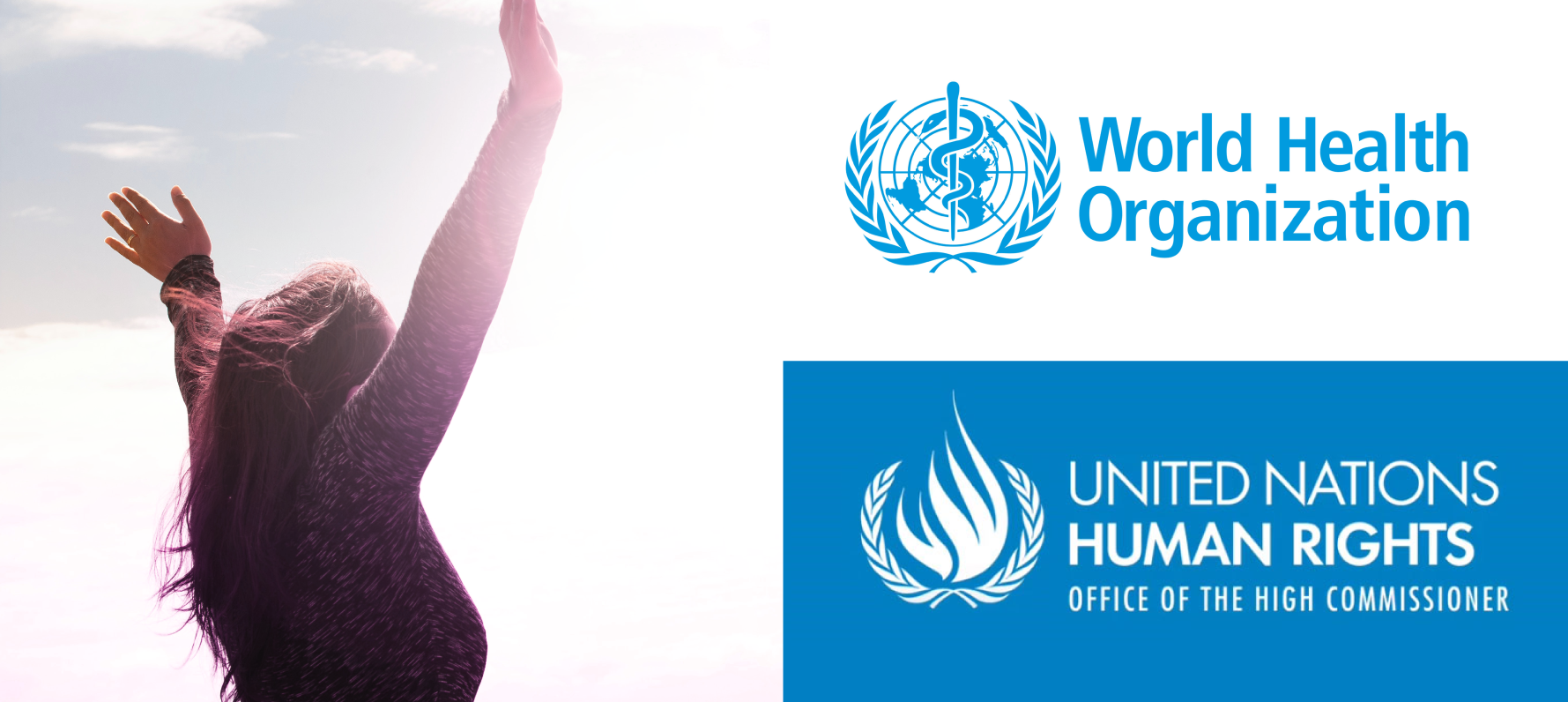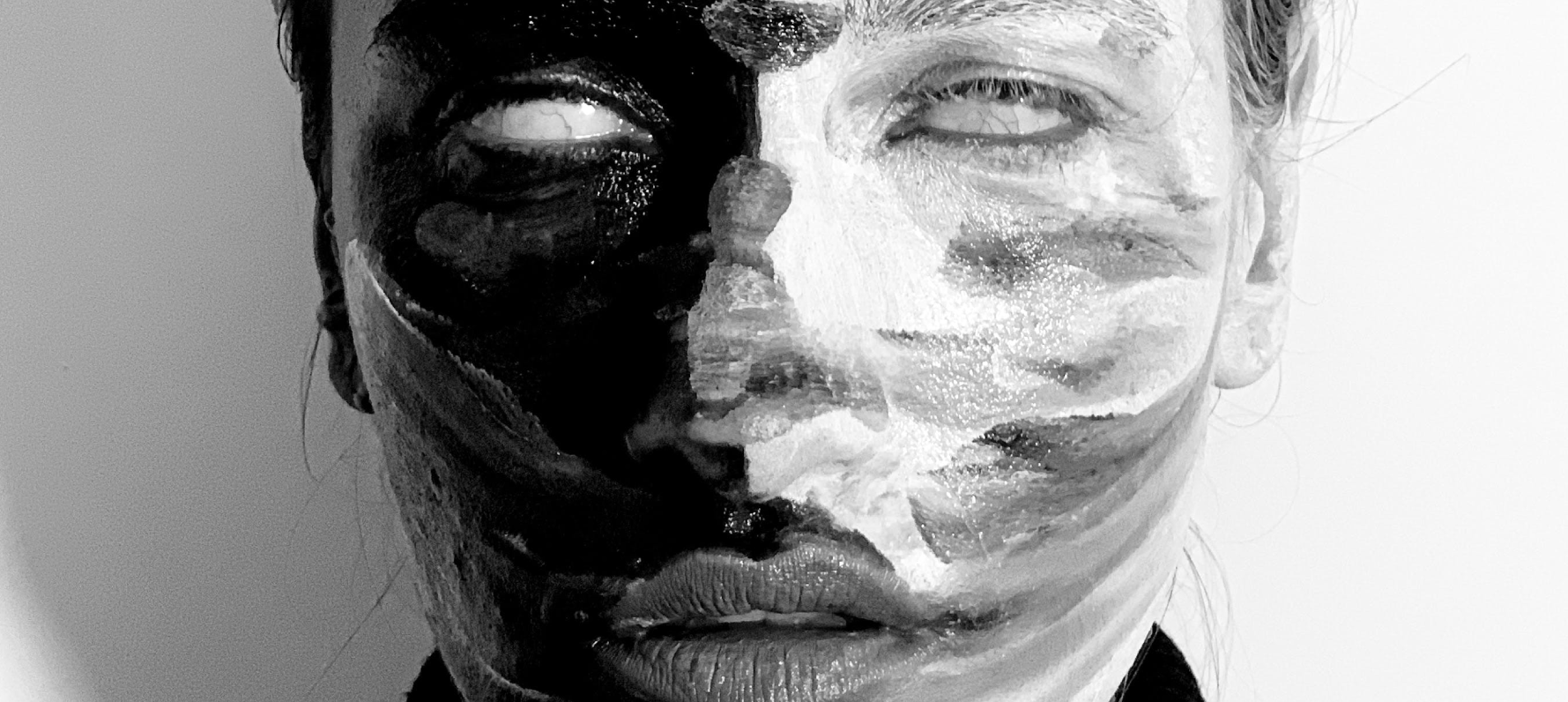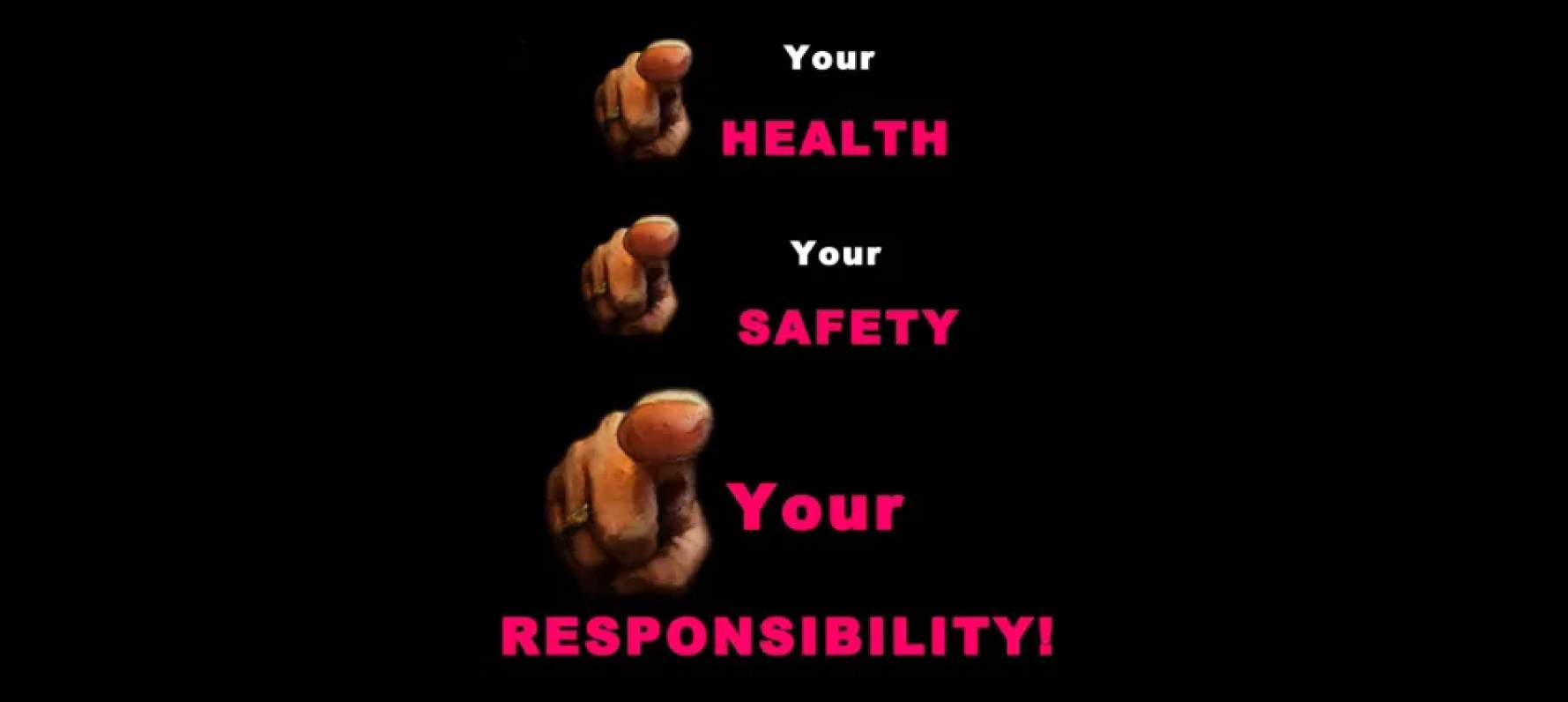Positive thinking phrases you should never use about abuse
Content warning for discussion of abuse and rape
Whether you are reading this as someone who has been subjected to abuse, whether you know someone who has or you are a professional who supports people who have – you might notice some ‘positive thinking’ phrases in here that you use to reframe the abuse.
This blog explores some of those phrases and then discusses why we shouldn’t use them, and the problems they create for people who have been subjected to all forms of abuse.
The positive thinking phrases I will discuss in this blog are:
‘It made you stronger’
‘You had something positive from it’
‘It made you who you are today’
‘Everything happens for a reason’
‘You get back what you give’
‘Positivity attracts positive people’
‘We can’t change what happened, but we can change how we feel/respond to it’
Whilst some of these sound brilliant, they can harm us in ways we don’t realise. Especially if we begin to believe some of the connotations of these phrases and their underlying beliefs – which are often linked to victim blaming.
So let’s jump right in with the worst of them all.
‘It made you stronger’
Most people who have been subjected to abuse have heard or read this one countless times. Maybe you had been telling someone what you have been through, and suddenly, some well meaning friend or therapist tells you that the abuser, or the rapist or your abusive parent ‘made you stronger’.
It’s always meant well.
But the thing is, being raped or abused or harmed or beaten up or gaslit every day didn’t make us stronger – it did the opposite. It really hurt us. It felt like it destroyed us. It broke us down into pieces.
For some of us, this phrase puts an awful lot of pressure on us to be some kick-ass strong survivor type person.
To be able to brush it off and keep going. To pretend that none of it impacts us anymore, because it made us stronger. Right?
No, the abuser or rapist, the abuse and the rape did not make us stronger at all – but if we did feel stronger these days, we did that ourselves.
Don’t ever give credit to an abuser for making someone else stronger. Don’t fall into the trap of believing that being raped or abused MADE you or anyone else stronger. Instead, if you or someone else feels that they are getting stronger after living through trauma, that’s something they did for themselves.
Don’t attribute that to the offender, or the offence.
‘You got something positive from it’
This one is quite specific, and relates to the way that women and girls who have children with abusers are told that they should be thankful that they got something positive from the rape or abuse (their children).
I would go even further and say that I’ve heard some people say things like ‘well think about it, if you hadn’t been raped/trafficked/abused, you wouldn’t have your kids, would you?’
Or even
‘Well, you wouldn’t want to change what you’ve been through, because then you would never have had your kids!’
I just want to say this:
Women, you do not have to feel thankful that you had children with a rapist or an abuser. You can love your kids and still wish you were never subjected to trauma and abuse that changed your life.
You do not have to associate these things, or hold them as equivalents.
And to people who say this to others:
I know you mean well, but this really does induce a lot of guilt when women are trying to talk about the abuse and trauma they have been subjected to.
Yes, they might have ‘got two wonderful kids out of it’ (in your perspective), but she lived through hell. Her kids are not a consolation prize or a reward for putting up with being raped and abused.
Don’t use this one, it’s just never a good idea to go down this line of reasoning with a woman.
I would extend this, however, to any argument that someone makes that a woman, man, boy or girl ‘took something positive’ from being abused or harmed.
It’s just not okay to reframe their suffering and oppression as something positive, or a gift of some kind.
‘It made you who you are today’
So much shit is said with good intentions, and here is another common example.
Whether you’ve said this to someone who has been subjected to abuse, or whether you say it to yourself – the abuse did not make you who you are today.
This one redefines your entire life, your entire being – as a product of the abuse and the choices of the abuser.
Being raped or abused or oppressed did not make you who you are today.
You are not defined by the crimes of another.
‘Everything happens for a reason’
This one is related more to theories such as Belief in a Just World, in which people who say these kinds of things tend to believe that things happen for a reason (because you are a good person, because you are a bad person, because you deserve it etc).
However, being told that ‘everything happens for a reason’ strikes me as a mixture between not knowing what else to say, trying to say something meaningful and reframing the abuse or rape as predestined to happen for some sort of cosmic reason.
I mean, if you wanted to be picky, I could say, yes, the rape and abuse did happen for a reason, the reason is that the abuser is a nasty fucking lowlife who made an active choice to harm others instead of looking at themselves. That’s the reason.
But it has nothing to do with your life, or your journey. It didn’t happen to you to teach you a lesson, or to help you, or to make you grow as a person, or to make you stronger, or to mould or shape or define you.
I would actually argue that there is no evidence that ‘everything happens for a reason’, anyway. Especially not in the cosmic sense.
Most things that happen to us or are done to us are random, and often could not be predicted or stopped.
The world is a zillion possibilities all zooming around, colliding, missing, synchronising at once.
The reality is that you could drive to work today and bump into the car in front. Or you could get a text message from an old friend that changes your life. Or you could fall over and break your knee. Or you could stay home and see an advert on the TV that makes you consider stopping smoking. Or your partner could tell you they are no longer happy. Or your kid could get a cold. Or your tire could be flat when you go outside.
So many things happen in a day. And yet, we often tell ourselves that they mean something, that they all happen for a special, magical reason.
We are best to avoid this kind of thinking, especially when thinking about rape and abuse.
The only reason it happened was because the abuser chose to harm another human. The rest is just magical thinking that we use to give meaning to experiences we try to make sense of.
The issue with this one, is that it can lead us to believe that the rape or abuse was supposed to happen to us, for some sort of reason. It then undoubtedly leads to ‘why me?’ questions, which often turn into victim blaming and self blame.
‘You get back what you give’
I really hate this one. Especially when used in the context of abuse.
Simply put: no you don’t.
The entire dynamic of being abused is that you DON’T get back what you give. Often, victims of abuse and oppression are putting everything into a relationship or situation and are not even afforded basic human respect.
Abuse has nothing to do with what the victim ‘puts in’ or ‘gives’.
Abuse is always about the offender and what they are choosing to do to other humans.
My main issue with this one is that it assumes that you ‘get back’ what you ‘give’ – for example, if you don’t work hard in a relationship or situation then you will be treated like shit. It implies that you have been abused because you didn’t ‘give’ enough in the relationship or situation.
Nope. No. Ugh.
This is not appropriate at all when discussing abuse. It reminds me very much of the people who say that you only get treated how you allow others to treat you, which is also bollocks.
‘Positivity attracts positive people’
I’ve seen this one being used in domestic abuse, usually towards women, and it bothers me a lot.
This obsession with meaningless, empty Instagram quotes is impacting the quality of the advice we give to women subjected to abuse.
This one annoys me because it suggests that if you are a positive person who believes in positive thinking and positive action, you will only attract positive people into your life, and you will not be abused or harmed by them.
It’s essentially victim blaming.
It’s suggesting that the person attracted someone ‘negative’ into their life by not being positive enough. Almost as if, happy positive people will not be targeted by abusers or oppressors, because their positivity is some sort of force field that only attracts good people and repels bad ones.
It’s bollocks, basically.
And it puts a lot of pressure on people who have been subjected to abuse and harm to be more positive in order to ‘attract the right people’.
It’s a really nasty, insidious one.
Don’t say it to people who have been subjected to abuse, and even more importantly, don’t feel that you ‘attracted’ the wrong ‘type’ of people into your life by being a certain way.
It feeds self blame, but sounds like positive thinking. Same as many of the others, really.
‘We can’t change what happened, but we can change how we feel/respond to it’
The final one is this interesting rhetoric which probably has its roots in cognitive therapy traditions, this idea that you can simply change the way you think about your abuse or rape or childhood trauma.
The problem with this one when used in abuse and trauma is that we are essentially saying to victims of serious crime and oppression that they can just choose to think differently about what was done to them, and stop being sad, anxious, scared, angry, traumatised etc.
This isn’t realistic and it minimises the real impact of those crimes on the person. It also puts pressure on the person to respond ‘better’ than they are already doing.
It’s a message of, ‘Yes, this did happen to you, but you could be dealing with it better if you just thought positively’.
It’s not fair to expect this of anyone, and it comes across as shaming people who are trying to cope with trauma and the impact of abuse.
I remember once having this discussion with a senior clinical psychologist and we did eventually come to the conclusion that it borders on gaslighting by professionals to tell a traumatised person to think differently or respond differently to the abuse or trauma. I feel exactly the same way about this phrase used in positive thinking.
Final thought
Lots of phrases we use in positive thinking and in supporting people subjected to abuse and trauma sound good, mean well, but are having detrimental and harmful impacts on them, including inducing guilt, shame and blame.
Get more trauma-informed content!


